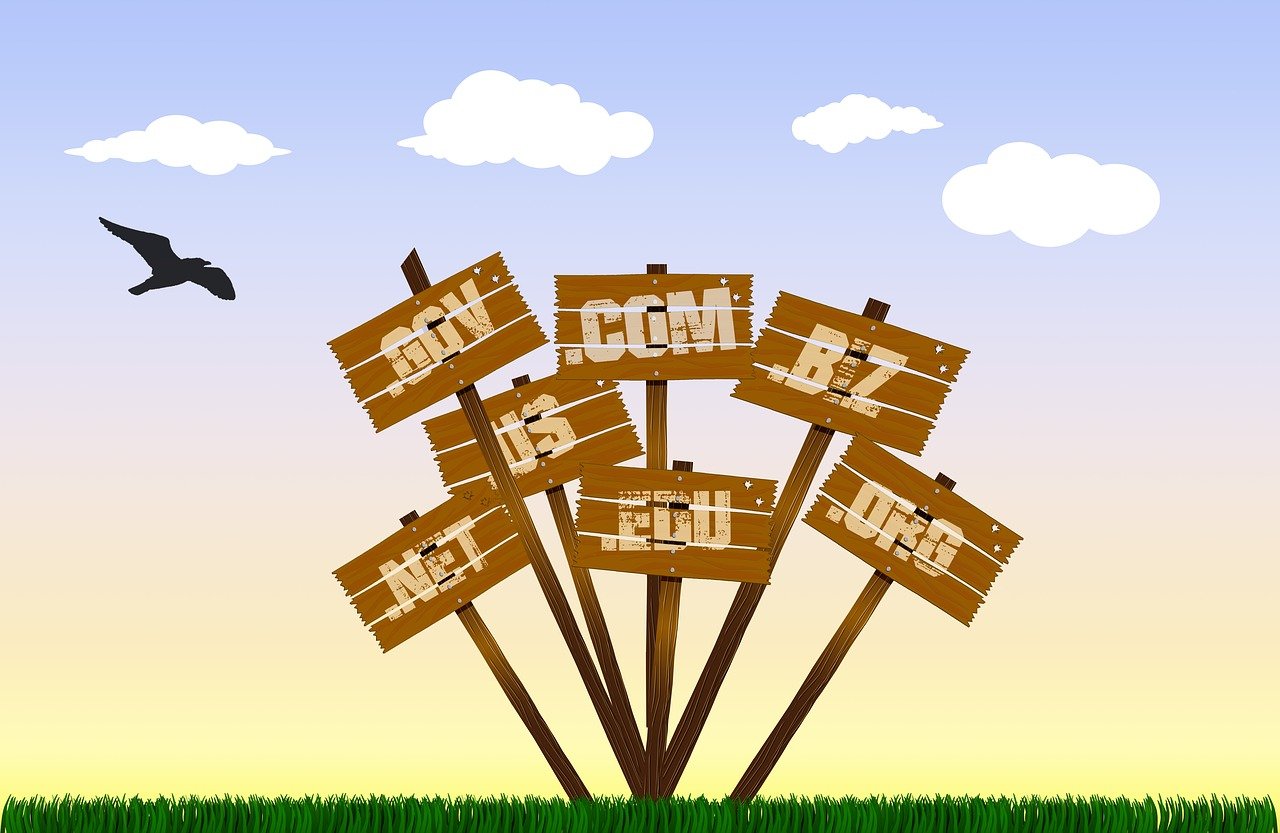Introduction:
In the vast landscape of the internet, a domain serves as the digital address for your online presence. Whether you’re running a business website, a personal blog, or an e-commerce platform, your domain is a crucial component. However, what happens when the clock runs out, and your domain expires? In this article, we’ll explore the consequences of a lapsed domain registration and the steps you can take to prevent potential pitfalls.
The Domain Expiry Timeline:
1. Grace Period:
When a domain registration expires, most domain registrars provide a grace period during which the domain owner can renew without facing any significant disruptions. This period typically lasts for a few weeks, but the length can vary depending on the registrar. During this time, your website and email services may continue to function, but it’s essential to act promptly to avoid complications.
2. Domain Suspension:
If the domain owner fails to renew within the grace period, the registrar may suspend the domain. This means that the website associated with the domain will no longer be accessible, and any email services tied to the domain may also cease to function. Visitors attempting to access your website will likely encounter error messages, damaging your online reputation and potentially causing loss of business.
3. Redemption Period:
Following the suspension, many registrars enter a redemption period. During this phase, the domain owner still has the opportunity to reclaim the domain, but additional fees are typically incurred. The redemption period varies in duration, and some registrars may not offer it at all. It’s crucial to be aware that during this time, the domain is not active, and any online services tied to it remain unavailable.
4. Auction and Release:
If the domain is not redeemed within the redemption period, it may enter an auction phase or be released back into the pool of available domains. During an auction, interested parties can bid for the expired domain, and the highest bidder becomes the new owner. In the case of release, the domain becomes available for registration by anyone on a first-come, first-served basis.
Consequences of Domain Expiry:

1. Loss of Online Presence:
A lapsed domain means your website, and any associated online services become inaccessible. This can result in a significant loss of potential customers, visitors, and revenue.
2. Impact on Brand Reputation:
Inaccessibility or a sudden change in the online presence can harm your brand’s reputation. Visitors may question the reliability of your business, affecting trust and credibility.
3. Email Disruptions:
If your domain is linked to email services, a domain expiration can lead to the disruption of communication channels. Important emails may bounce back, leading to potential communication breakdowns with clients, customers, or partners.
Preventing Domain Expiry Issues:

1. Set Renewal Reminders:
Stay proactive by setting up renewal reminders through your registrar or using external tools. Regularly check your contact information with the registrar to ensure you receive these notifications.
2. Enable Auto-Renewal:
Many registrars offer auto-renewal services, ensuring that your domain registration is automatically extended before it expires. Enabling this feature can be a simple yet effective way to prevent accidental lapses.
3. Keep Contact Information Updated:
Ensure that the contact information associated with your domain registration is accurate and up to date. This ensures that you receive important notifications regarding your domain status.
Conclusion:
In the ever-evolving digital landscape, maintaining control over your domain is essential for a seamless online presence. Understanding the consequences of domain expiry and taking proactive measures to prevent lapses will safeguard your brand, reputation, and the continuity of your online services. Regularly review your domain registration status, set up reminders, and consider enabling auto-renewal to ensure your digital address remains secure and accessible to your audience.



